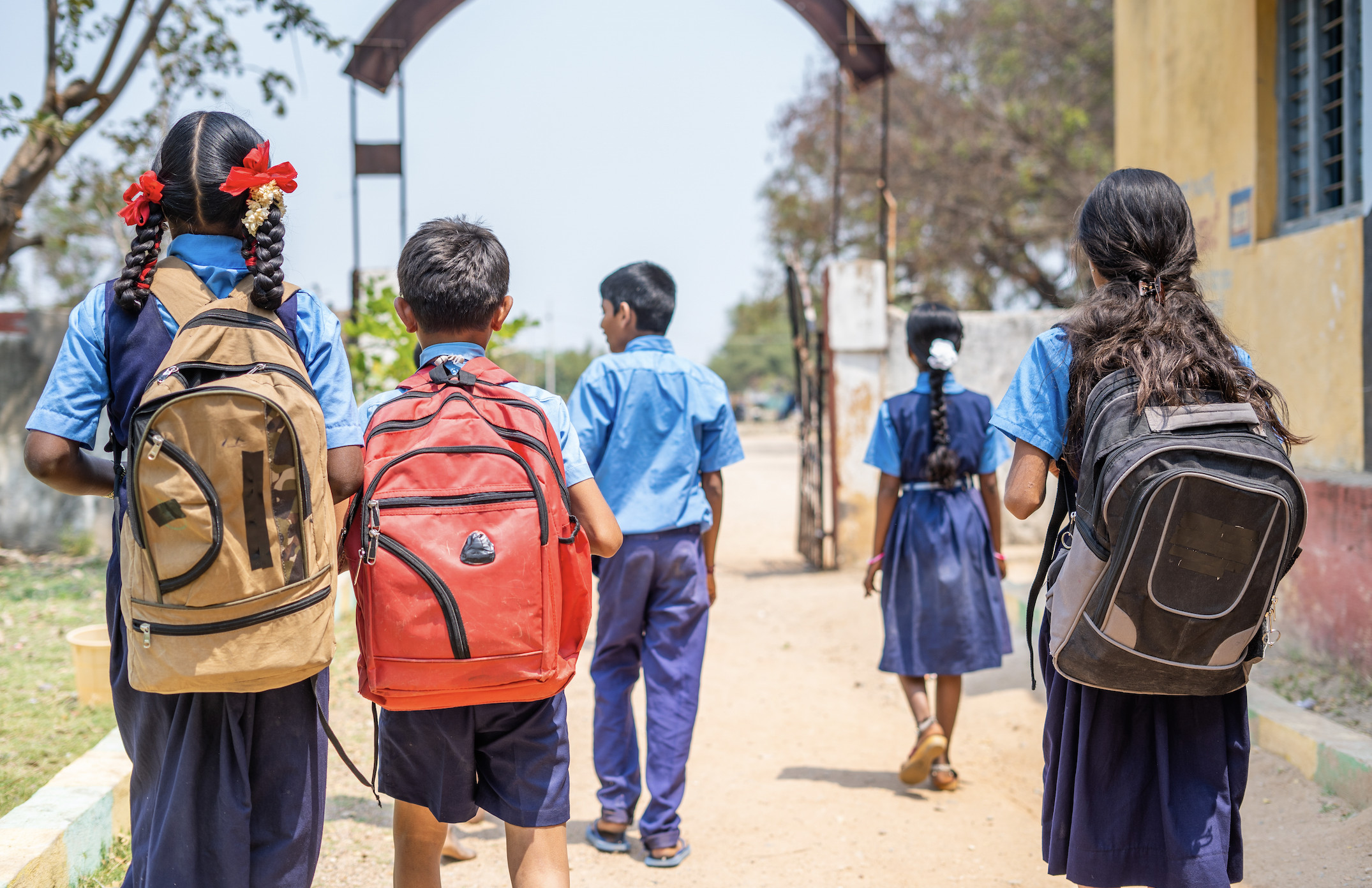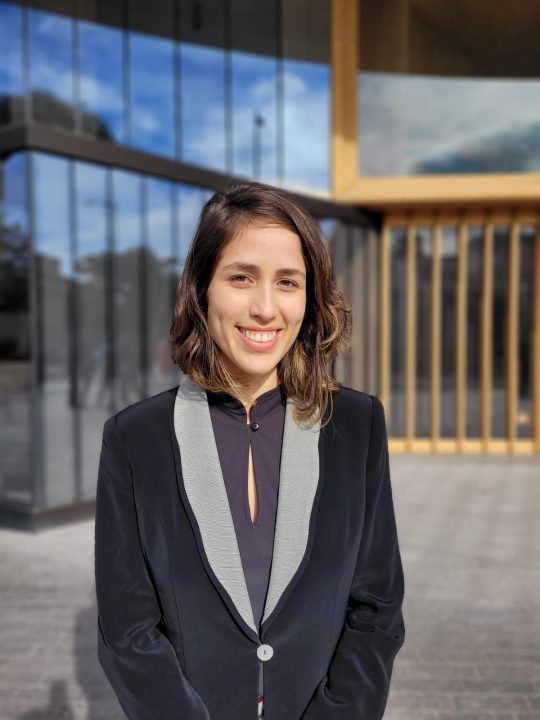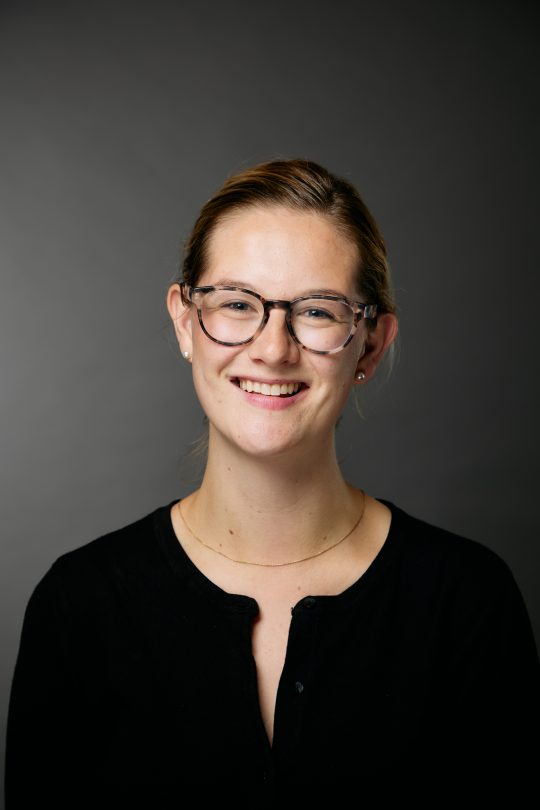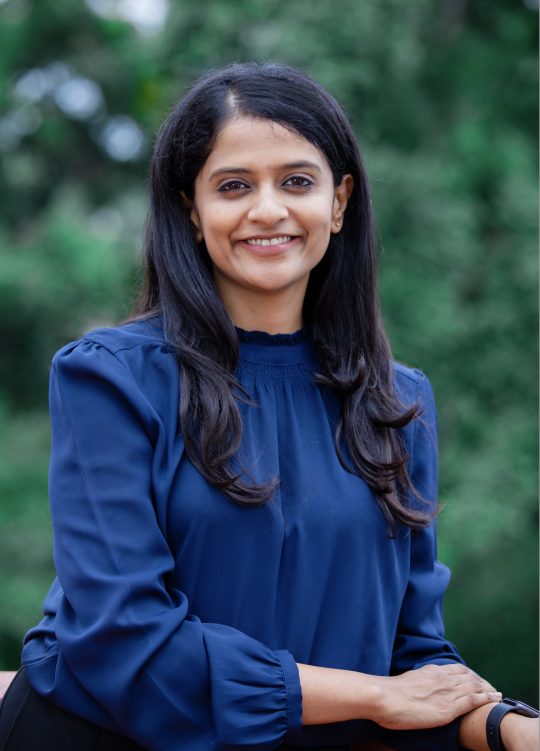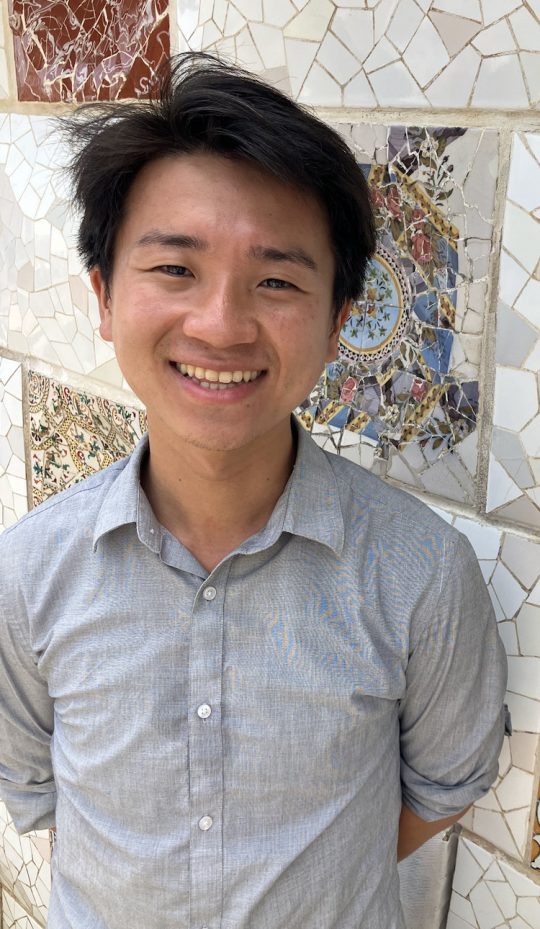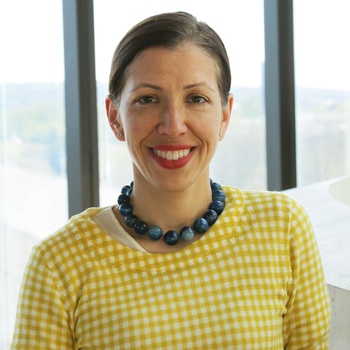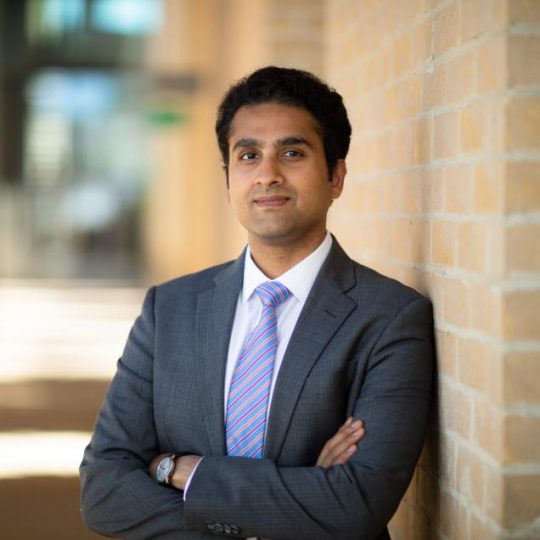This case study investigates how nongovernmental agencies work with the Indian government to implement education reform programs aimed at improving the quality of education for public school children. The project focuses on the K-12 government school system in Haryana, India, which is responsible for the education of over 2,200,000 students across 15,000 schools and employs over 100,000 teachers. Saksham Haryana — a state-wide education transformation program — was launched in July 2017 to transform school education across elementary schools in Haryana. The report finds that mentorship can improve pedagogy in government schools. Specifically, when key figures at the block level became “mentors” they became critical actors in delivering training and pedagogical support to teachers because they played the roles of auditors and mediators in enabling effective last-mile delivery of education services. However, their effectiveness depends upon the clear definition of their roles, the training offered to them, their qualities, and the relationship between the mentor and mentee (teacher).

